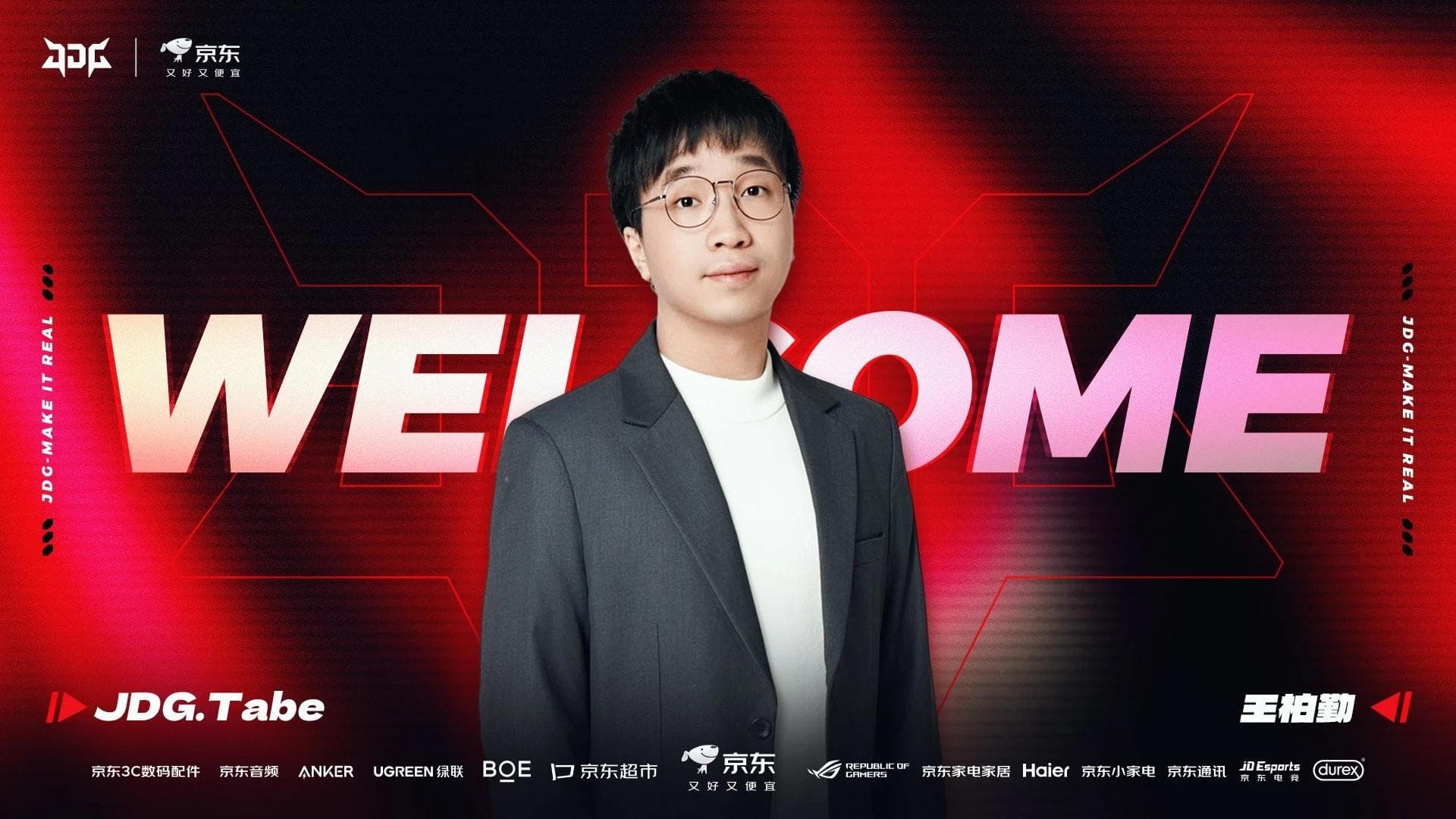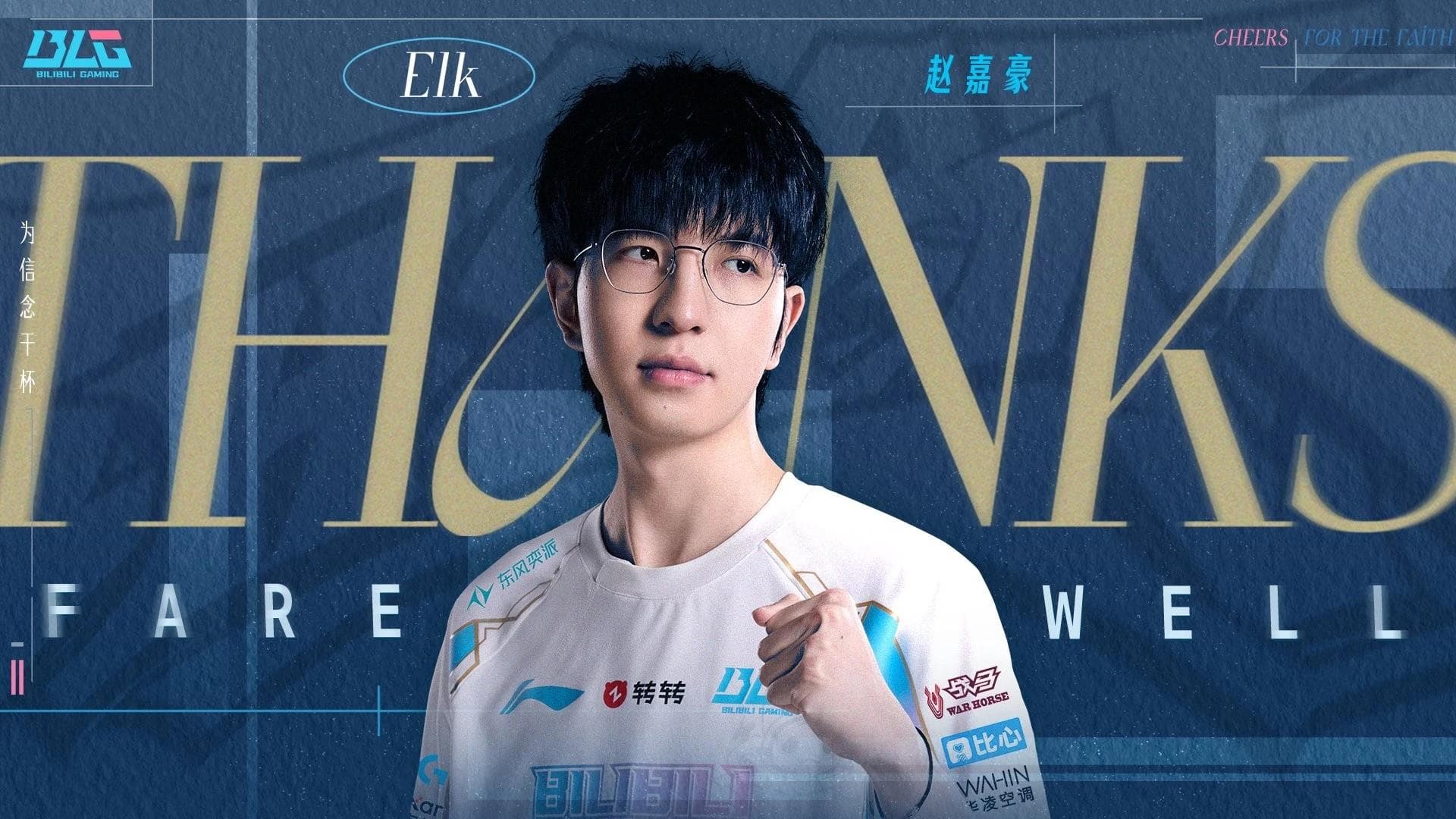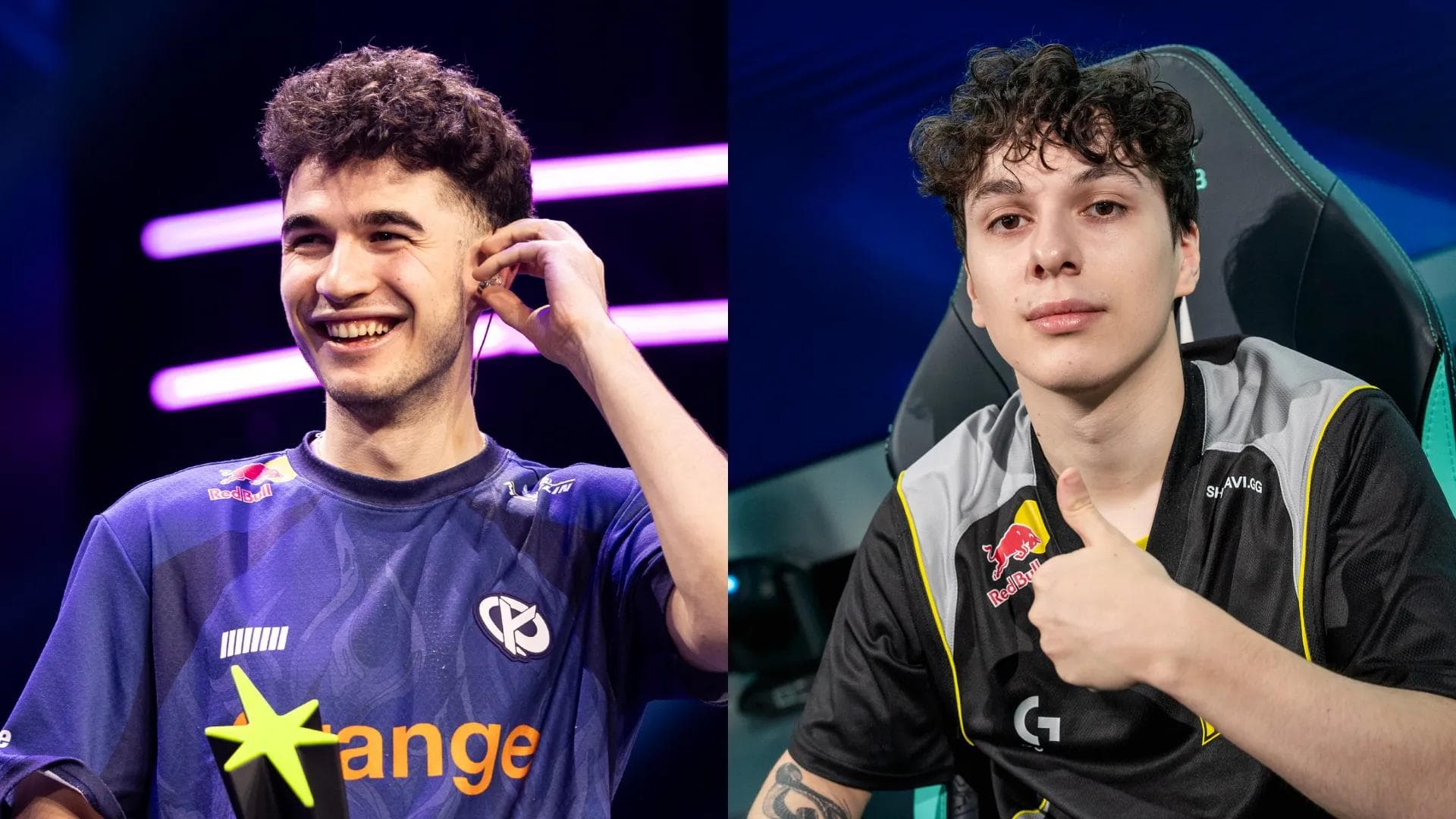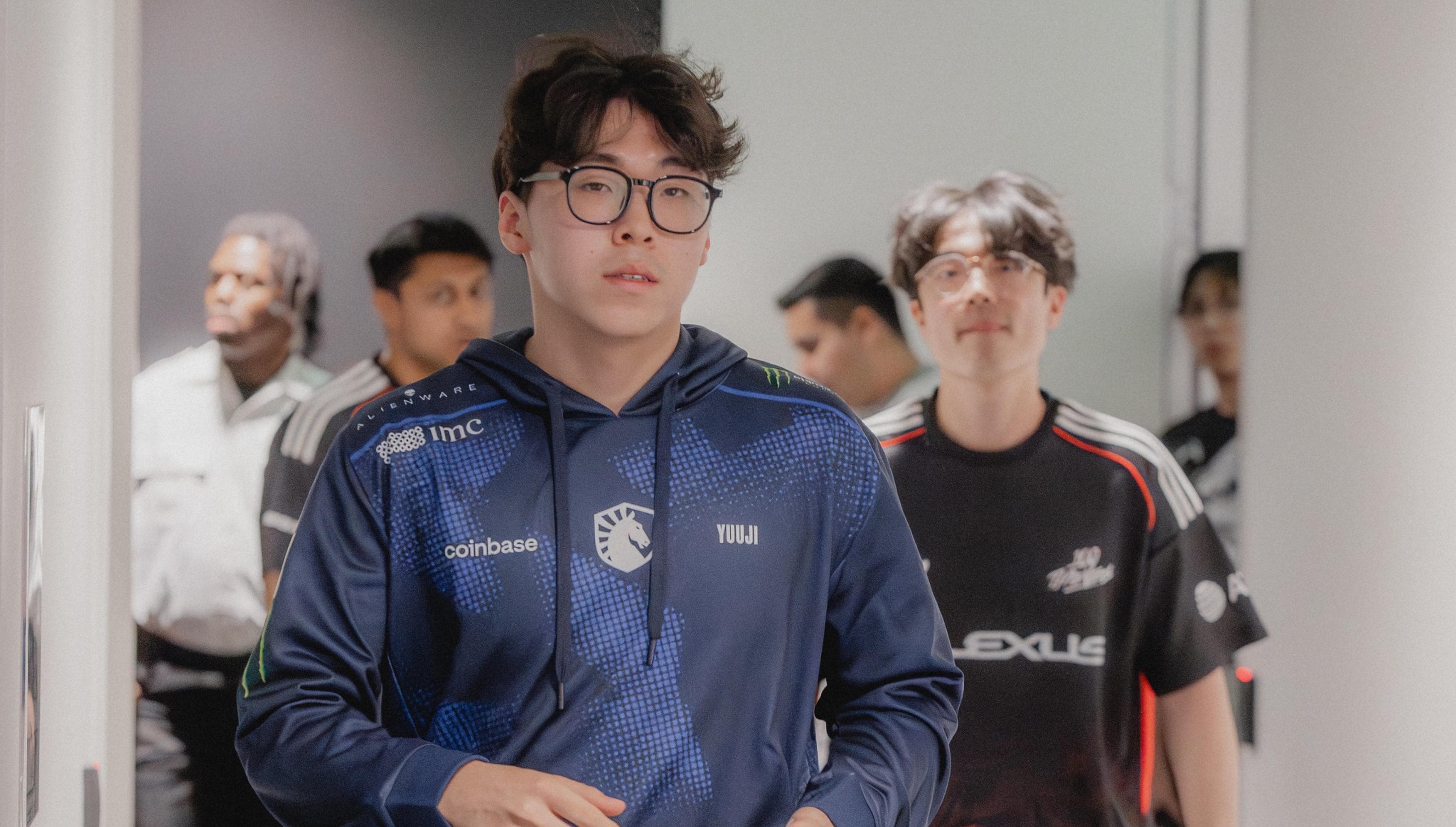For spectators, the LCK brand remains unchanged
On September 30, 2025, the LCK (League of Legends Champions Korea) was officially absorbed by Riot Games Korea Ltd., its parent company. This strategic decision aims to reinforce the connection between the game and its flagship competition. Riot states that the move will provide stronger economic stability for teams and a richer experience for fans.
Objectives of the merger
Since its creation, LCK Ltd. operated as an independent entity, although entirely owned by Riot Games Korea. This structure was designed to ensure transparent governance of the franchise system, notably through the publication of detailed performance data for the league. By bringing the league directly under Riot Korea’s management, the publisher aims to unify the game and esports, from strategic planning to operational execution.
Riot’s stated goal is to increase team revenues through global frameworks such as the Global Revenue Pool (GRP) and secure the league’s sustainability in a demanding economic environment. Integrating the LCK into Riot Korea will also help bypass certain administrative and legal constraints inherent to the franchised model, improving overall efficiency.
In 2024, the LCK reported a net loss of approximately $26 million, largely due to a sharp drop in sponsorship budgets. Regaining full control over the league is intended to consolidate revenues while reducing the financial strain on its esports operations.
Benefits for teams
According to Riot, the merger does not alter the core principles of revenue sharing guaranteed to teams—instead, it reinforces them. Teams will continue to receive transparent revenue reports, with distribution aimed at maintaining financial stability.
In 2025, Riot and the LCK had already taken steps in this direction by cutting franchise fees by $20 million in total (equivalent to $2 million per team). This measure reflects the publisher’s commitment to easing financial pressure while preparing for a broader structural change. The merger will enable revenues linked to the game, such as in-game events or merchandise sales, to be more easily pooled with league-generated income, creating opportunities for joint growth.
For spectators, the LCK brand remains unchanged. The league’s name will not be altered, and the 2026 season will follow the previously announced format. The difference lies in Riot’s increased ability to shape and control the fan experience, deepening the link between the game and its competition. Riot aims to make esports feel like a natural extension of the game itself, rather than a separate entity.
Part of a global restructuring in LoL Esports
This merger is part of a wider trend within the League of Legends esports ecosystem. In Europe, the LEC is relaxing its franchise rules and will welcome two tier-2 teams in Winter 2026, including Los Ratones. Meanwhile, the LTA is returning to its former “LCS” model after a failed format experiment in 2025, while retaining the “Guest Slot,” now allocated to Sentinels following the cessation of League of Legends operations by 100Thieves.
These changes, occurring in close succession, indicate that Riot Games is actively reshaping the franchise system it established in recent years. Regardless of region, adjustments are diluting some of the defining aspects of the model—such as guaranteed revenue and exclusivity—in favor of greater flexibility and publisher control.
The merger between the LCK and Riot Games Korea marks a strategic milestone for League of Legends esports management. By fully integrating its flagship league, Riot signals its intention to streamline operations, reinforce team financial stability, and create a more cohesive experience for fans. This development is part of a global trend toward Riot reclaiming direct control over its franchised leagues. If commitments to transparency and revenue pooling are met, this move could redefine the standards of competitive esports by bringing the game closer to its professional stage.
Header Photo Credit: LCK/Riot Games








/Comments
Write a comment